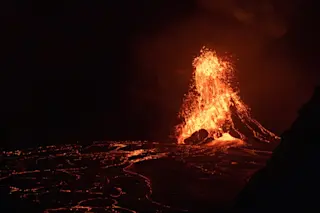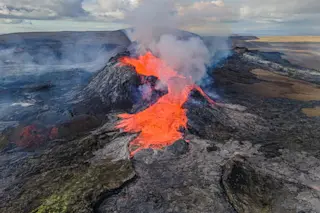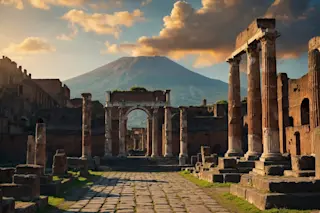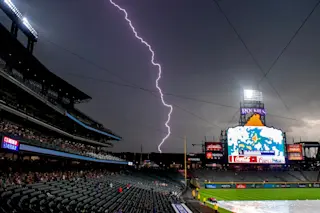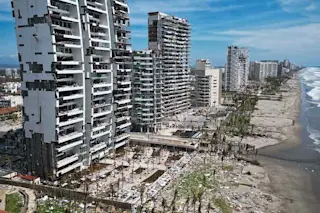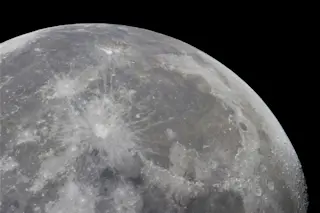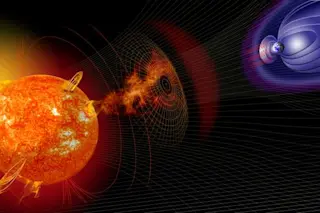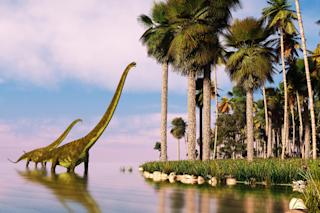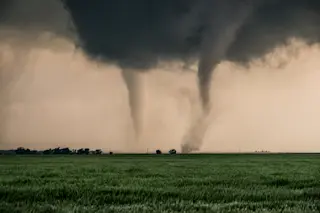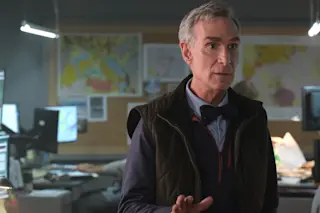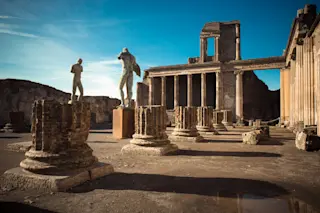The September issue of Scientific American has a bunch of interesting articles, including this introductory essay on why humans always seem to be fearing one doomsday or another. Here's the irony:
You might think that the enterprise of science, with its method and its facts, would inoculate us against the most extravagant doomsday obsessions. But it doesn't. If anything, it just gives us more to worry about.
And who are the biggest worry warts? You guessed it:
Some of the most fervent and convincing doomsayers, after all, are scientists. Bill Joy, co-founder and former chief scientist of Sun Microsystems, has warned that of out-of-control nanobots could consume everything on earth. Astronomer Royal Martin Rees has publicly offered a bet that a biological catastrophe"”accidental or intentional"”will kill at least one million people by 2020 (so far, no takers). Numerous climatologists sound the alarm about the possibility of runaway global warming. They ...


